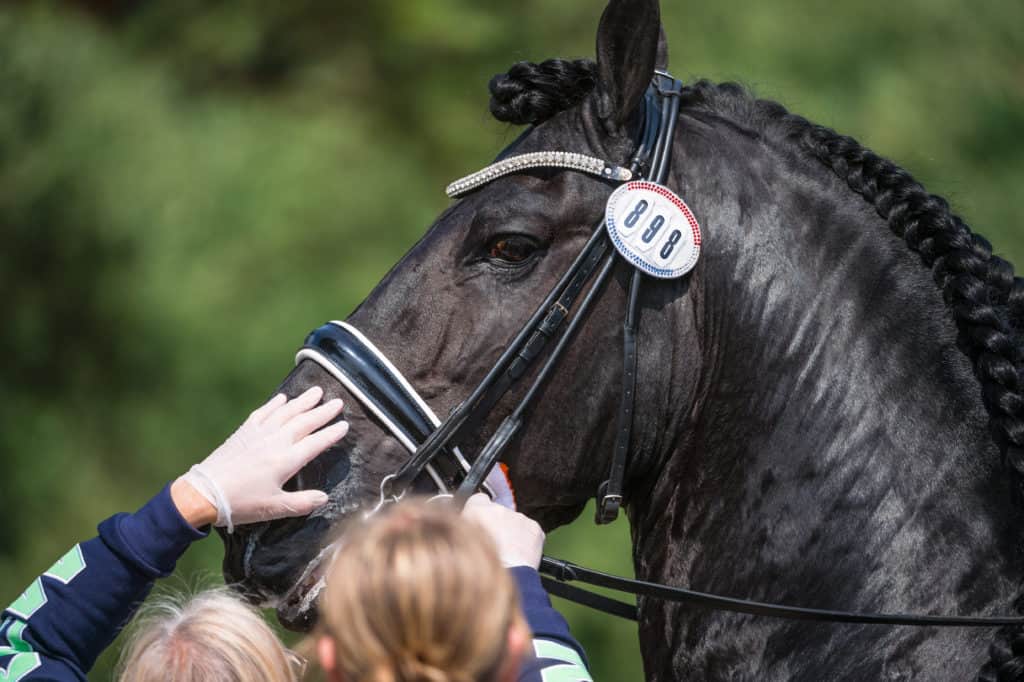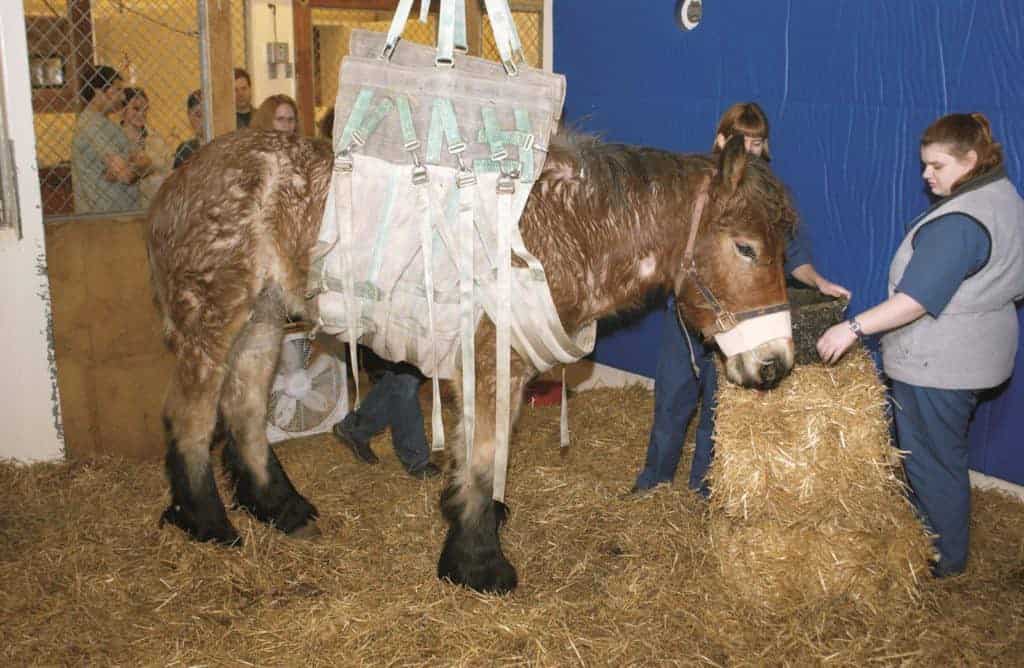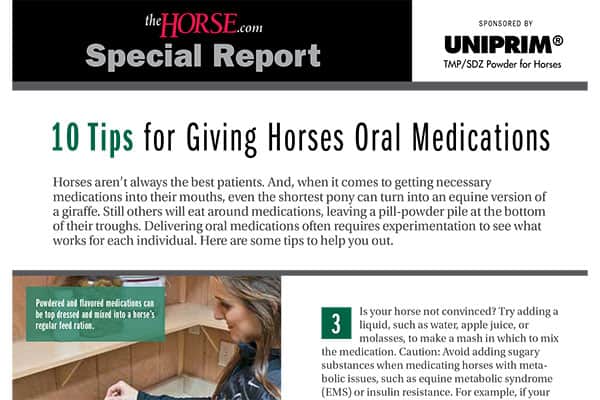
EHV-1: A Clinician’s Perspective
Steve Reed, DVM, Dipl. ACVIM, of Rood & Riddle Veterinary Hospital, in Lexington, Kentucky, offers his insight about equine herpesvirus-1, including diagnosis, treatment, and prevention.

Steve Reed, DVM, Dipl. ACVIM, of Rood & Riddle Veterinary Hospital, in Lexington, Kentucky, offers his insight about equine herpesvirus-1, including diagnosis, treatment, and prevention.

Are breathing issues slowing your horse down? Here are some surgical and management options that might help.

Equine researchers have begun studying the concept of whole-body inflammation because of its links to a variety of health problems, including “leaky gut syndrome”; musculoskeletal injury risk; and equine metabolic syndrome, insulin resistance, and laminitis.

Decisions the FEI makes don’t just affect the welfare of high-level horses. Impacts can trickle down to competitions at all levels. Here’s what you need to know.

Go step-by-step through the experience of botulism diagnosis and treatment with Dr. Daniela Luethy.

A brief period of fasting prior to omeprazole administration could help maximize drug absorption and, thus, efficacy.

Study findings suggest dose escalation can be used in equine lymphoma treatment to achieve higher chemotherapeutic dose intensity while minimizing adverse effects, researchers said.

For safety purposes, the UK VMD had suspended sales of several drugs, including flunixin, that are used in food-producing animals and contain the excipient diethanolamine.

The VMD suspended sales in the United Kingdom of products for food-producing animals that contain the excipient diethanolamine (or DEA) including injectable flunixin, an analgesic commonly used in equine veterinary medicine.

When it comes to getting necessary medications into horses’ mouths, even the shortest pony can turn into an equine version of a giraffe. Here are tips to make medicating easier.

Stephanie shares some tips and tricks she learned recently while trying to medicate her off-track Thoroughbred, Happy.

The summit, which was organized and underwritten by Grayson-Jockey Club Research Foundation and The Jockey Club, featured discussions on topics ranging from disaster preparedness, jockey injuries, and equine injuries to racing integrity, Thoroughbreds as sport horses, and racing surfaces.

It’s the question that always ignites a fierce debate in the racing world: Should people be able to race Thoroughbreds under the influence of therapeutic medication?

Parasitologist Dr. Ray Kaplan explains why we need a paradigm shift from “deworming” to “parasite control” when managing our horses.

Did you know your horse could be suffering from equine Cushing’s disease long before his coat turns long and curly? Learn how to recognize subtle signs and offer your horse an early intervention for PPID.

Beginning June 15, all medroxyprogesterone acetate (MPA, or Depo-Provera) disclosure forms must be submitted electronically.
Stay on top of the most recent Horse Health news with
"*" indicates required fields